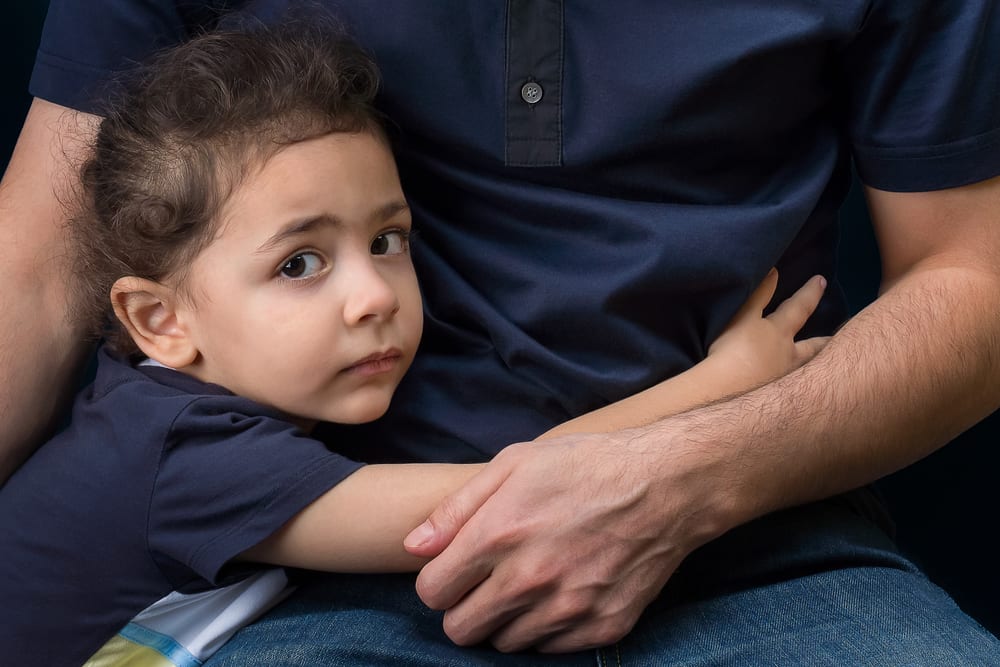5 Basic Considerations for Child Custody after Divorce in New Jersey
Child custody is frequently the first issue that comes to mind when married or unmarried couples part ways. The laws governing child custody in New Jersey are comparable to those in other states. But it is crucial to consider a few factors before filing for custody. Below are five essential things to consider for child custody after divorce in New Jersey.
1. The Parts of Custody Available
The parts of custody available are legal and physical custody. Legal custody describes the parent with authority to make choices for the child concerning their health, religion, and education. Parents can have solo or joint custody when it comes to legal custody. The decision-making process is even between parents with shared legal custody. A parent will have the final say over a child’s welfare if they have sole legal custody.
Physical custody is where the child dwells. Physical custody can be a sole or joint one. The parents often share equal time with the child if it is joint custody. The child will stay with one parent if it is in sole custody.
2. When can a Child choose which parent to live with?
A judge can consider a child’s requests if they are older than 12 years old. The Judge will determine the child’s final custody arrangement based on what they believe is in the child’s best interests, irrespective of the child’s preference. A child cannot genuinely select which parent to live with until they are 18 years in New Jersey.
3. Is New Jersey Custody divided 50/50 between the Parents?
Courts in New Jersey prefer joint legal and joint physical custody arrangements between the parties. The court favors custody arrangements that provide the child to maintain contact with both parents.
4. Is the parent fit to take custody?
A parent may not be fit to take custody of the child in New Jersey if they have a history of alcohol or domestic violence or show no interest in caring for the child.
5. The needs of the child
The child’s physical, educational, moral, and social welfare should be vital regardless of the disputing parents’ resources and social and moral circumstances.
Lastly, contact your attorney to learn more about New Jersey child custody.


